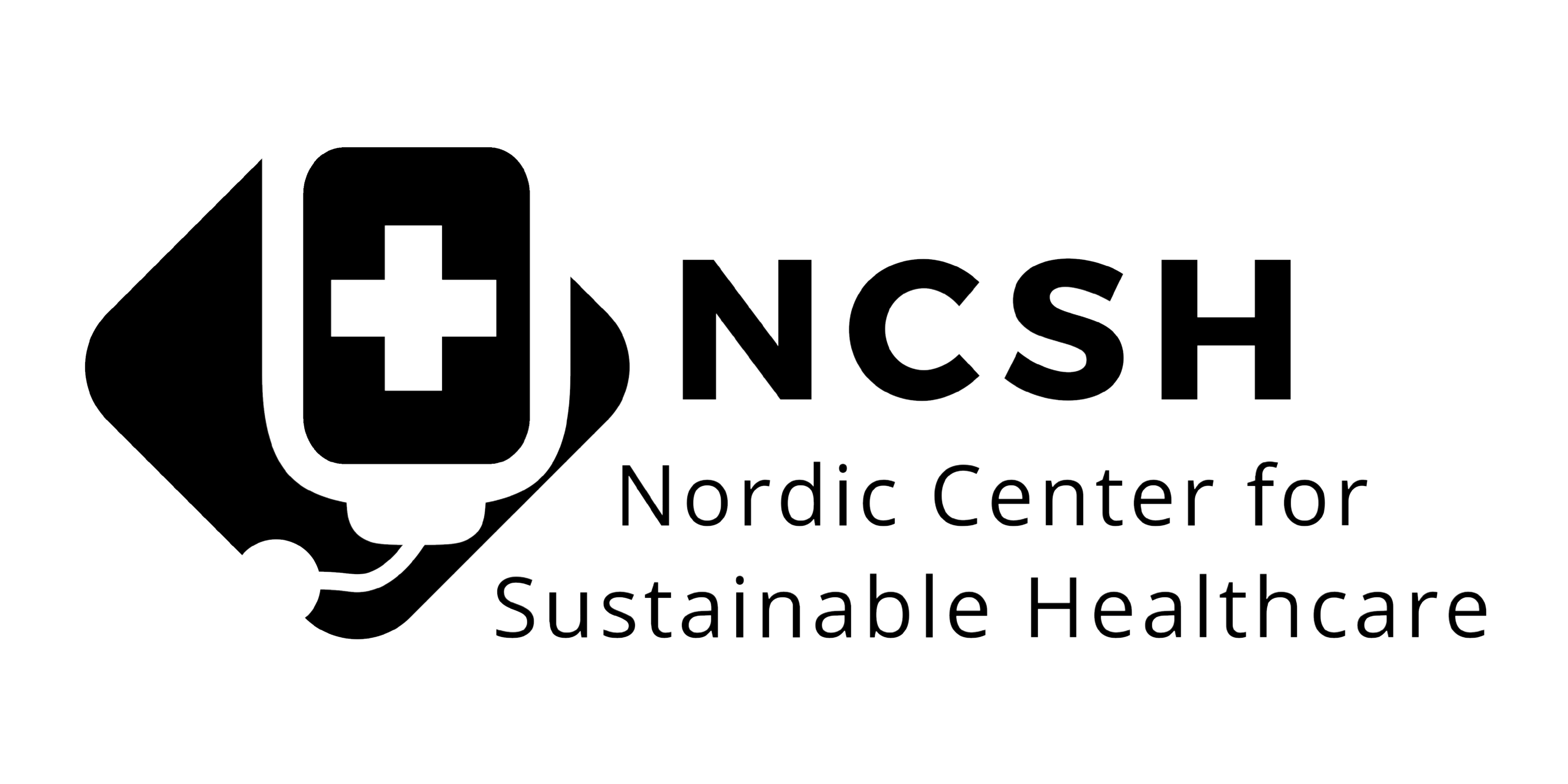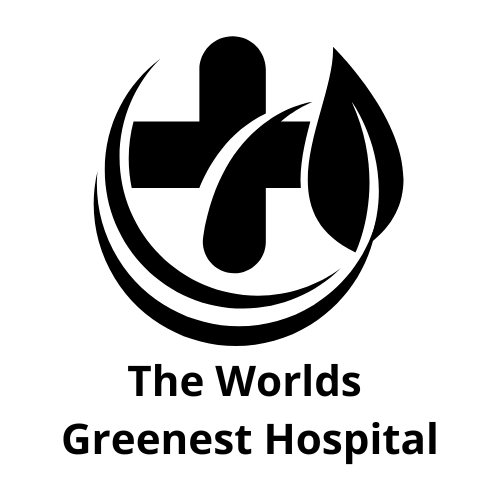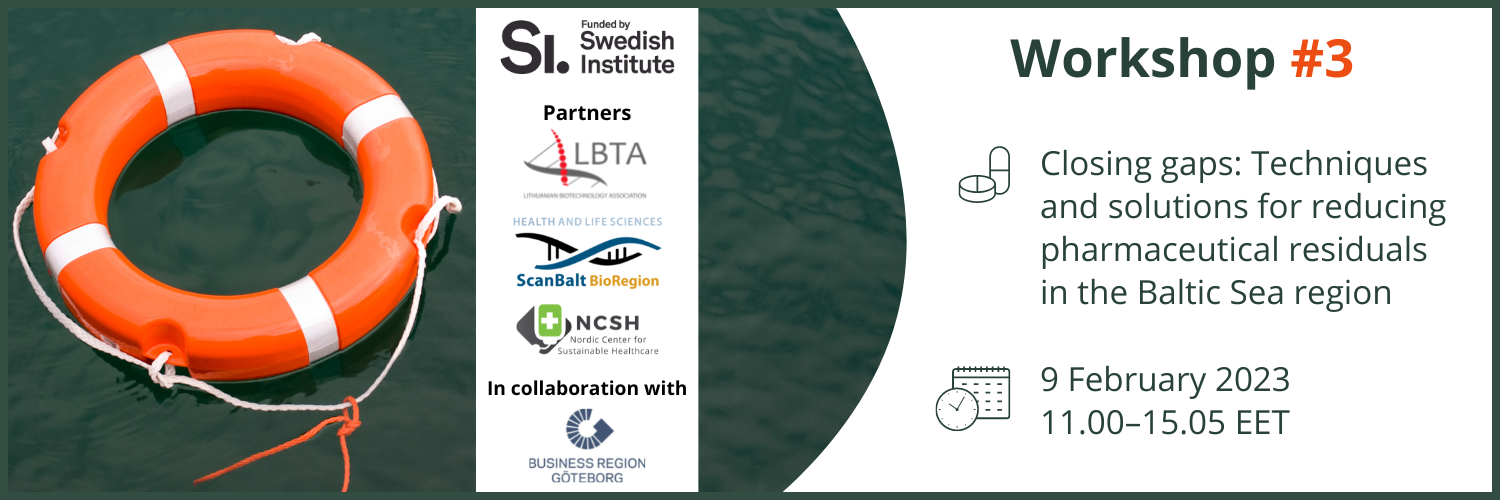In this third workshop, you are invited back to share your valuable insights, solutions and opinions for reducing pharmaceutical residuals in the Baltic Sea region
The hybrid workshop will focus on a comparative analysis and an assessment of possibilities according to the specific characteristics of the Baltic countries. As a participant, you will expand your own knowledge, collaborate, share and compare techniques to prevent and reduce the residuals as early in the process as possible.
Date: 9 February 2023
Time: 11.00–15.05 EET
Location: (Hybrid) Zoom and in Kastytis room at Technopolis Nova building, V. Gerulaičio g. 10, Vilnius (Lithuania)
Participation is free of charge. To take part, please pre-register through the host LBTA by clicking below:
Representatives of the Lithuanian Biotechnology Association and ScanBalt BioRegion, Northern Europe's network for innovation in health and in life-sciences based in Estonia.
Peter Gruvstedt, AstraZeneca’s Wastewater Treatment Plant based in Sweden
Vytautas Abromaitis, YAQUATEC. Company developing advanced treatment technologies to remove pharmaceutical residuals from wastewater, Lithuania.
Anna Herslow Lind, Paxxo. Company developing solutions for an efficient waste system which is both climate-smart and hygienical, Sweden.
Sergej Suzdalev, Klaipėda University Marine Research Institute, Lithuania.
Caroline Charlier, TEM/Nordic Center for Sustainable Healthcare, Sweden
Linus Karlsson, IVL Swedish Environmental Research Institute
The project "Closing gaps: Techniques and solutions for reducing pharmaceutical residuals in the Baltic Sea region" is funded by the Swedish Institute.








